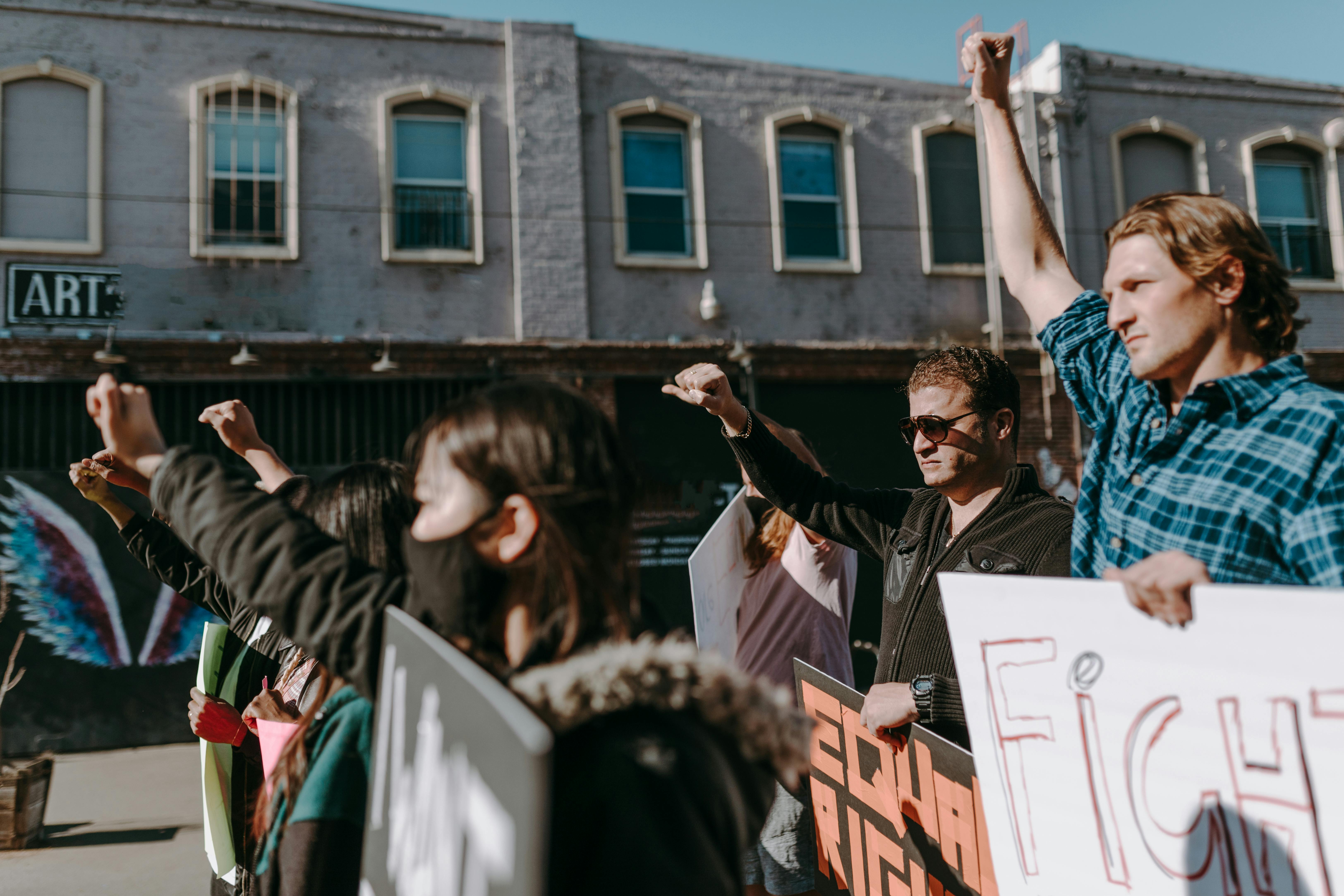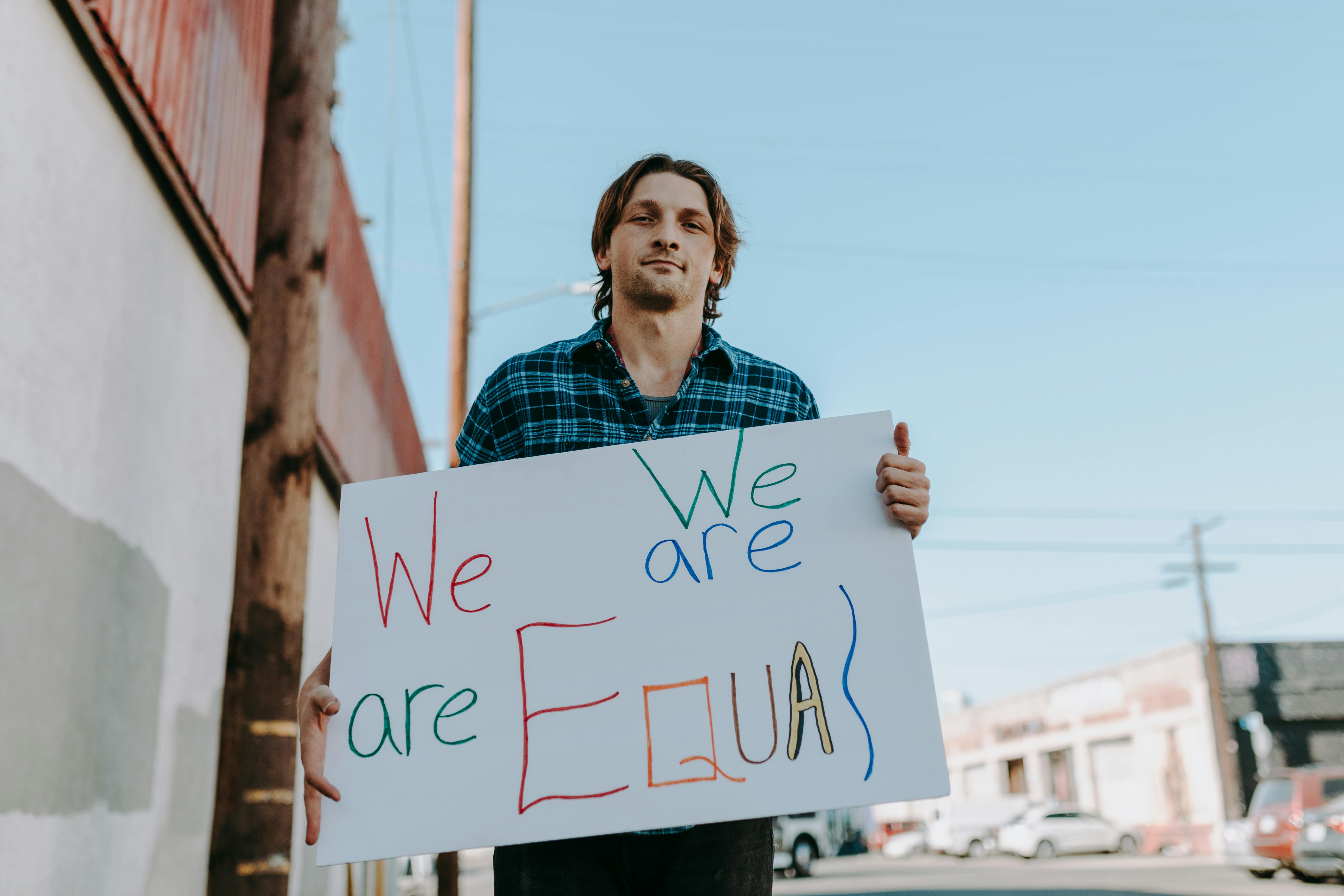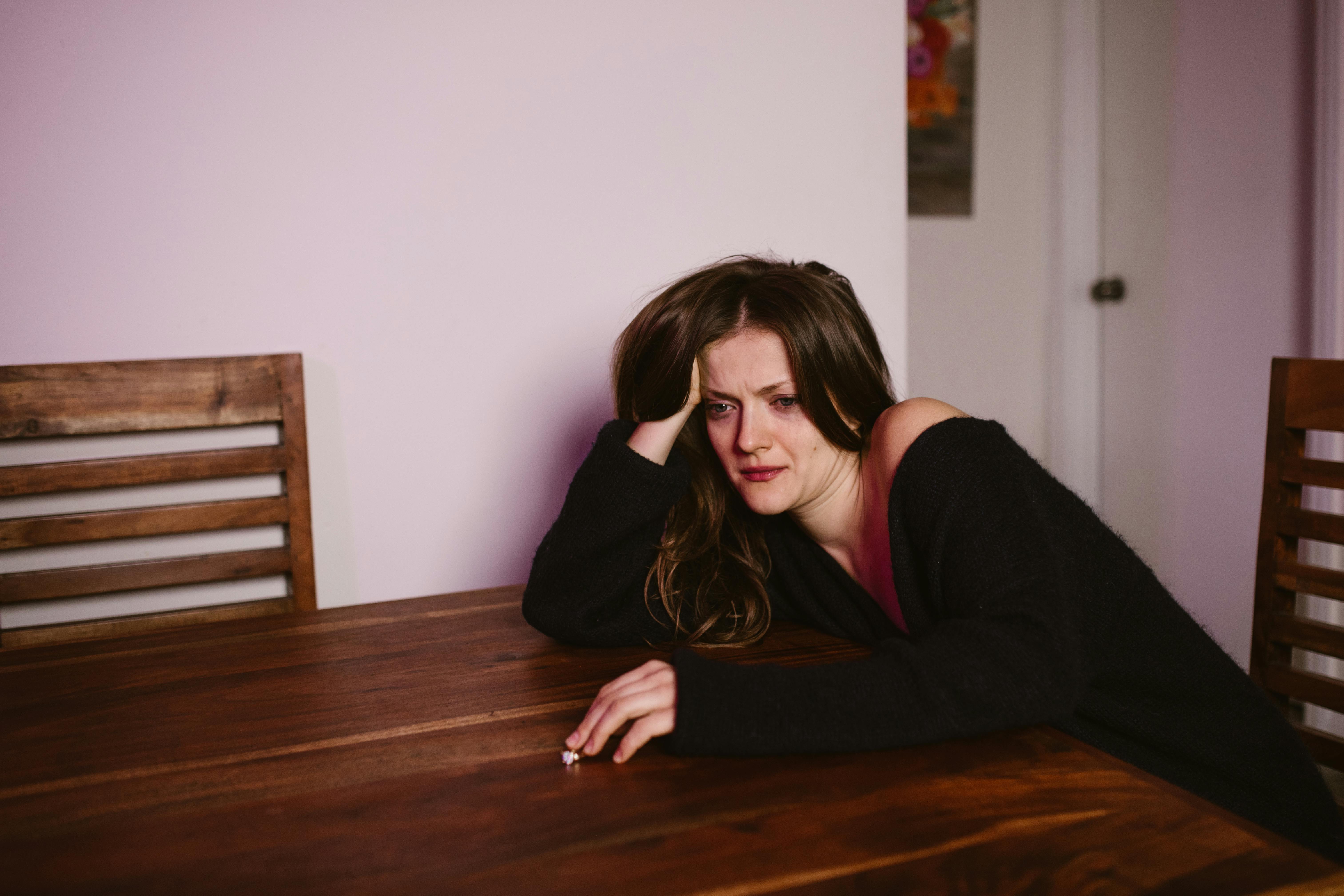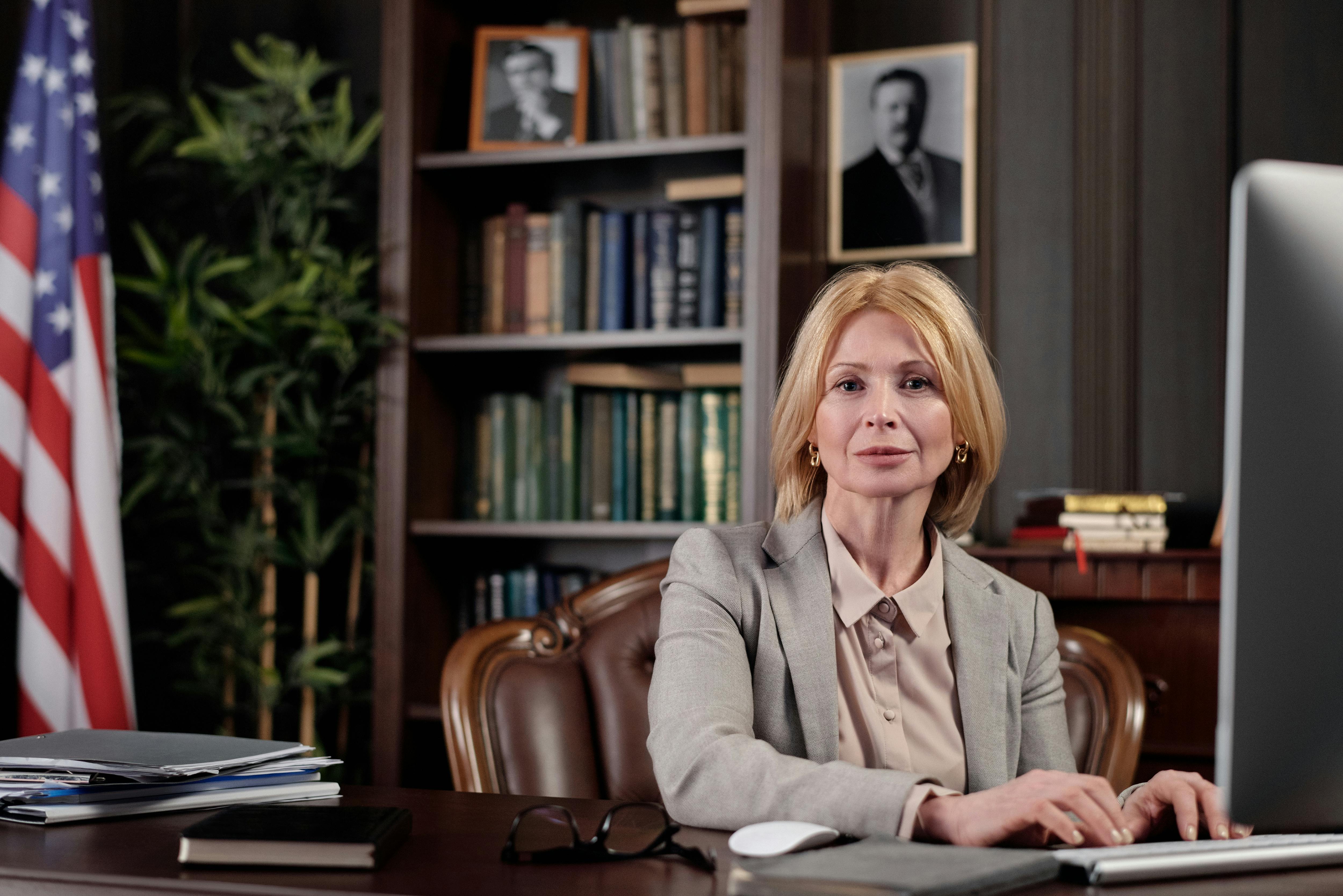eid-ul-fitr
Eid-ul Fitr, commonly known as Eid, marks the end of the auspicious month of Ramadan for all Muslims around the world. Eid-ul Fitr is an Arabic word. Eid means festival or holiday, while fitr indicates the end of all vicious and corrupt habits and the breaking of the duration of the fast. This sacred festival is celebrated after the new crescent is sighted the night before, usually after twenty-nine or thirty fasts.
On this blessed day, Muslims customarily get up early in the morning and have breakfast. This is a sign that the fast has ended for that day. Commonly, it consists of noodles or dates. Then all Muslim men attend a special Eid (salah) prayer which is performed in congregation in the mosques and in open spaces such as fields and parks. Muslims are encouraged to wear their best clothes, preferably new, when they attend prayers. No Adhaan or “call to prayer” is announced. The virtuous prayer consists of two rakaats. The Eid prayer is followed by a Khutba and then a dua (litany) to ask forgiveness for all our sins and a supplication to Allah Almighty to accept all the fasts that are kept. The sermon also teaches Muslims about Eid rituals like Zakaat. Then it is mandatory that everyone greet and hug each other. Muslim women, on the other hand, perform the Eid prayer in their respective homes.
After salaah, people visit the houses of their friends and relatives and give small gifts to each other. Some people also visit cemeteries to remember their loved ones and clear the graves of weeds. Many other customs are also part of Eid, such as the Fitrana. Every Muslim who can pay these alms must do so during the month of Ramadan. It consists of about two kilograms of staple foods such as raisins, barley, sugar, milk, dates, wheat, etc., or an equivalent amount in cash. This is given to poor and needy Muslim brothers before the Eid prayer. It can also be given in the month of Ramadan so that the person receiving the aid can use it for Eid shopping.
Apart from the religious aspects, Eid is a very joyful occasion for all Muslims as it represents personal jubilation, a victory over self-control and chastity, illustrating salvation and rejuvenation. The first three days of Eid are celebrated on a grand scale. Dinners and parties are held, gifts are exchanged and people dress exuberantly.
It is also a time to forget past enmities or fights and forgive everyone, thus accepting them with an open heart.



